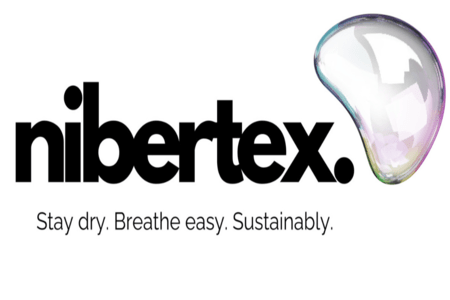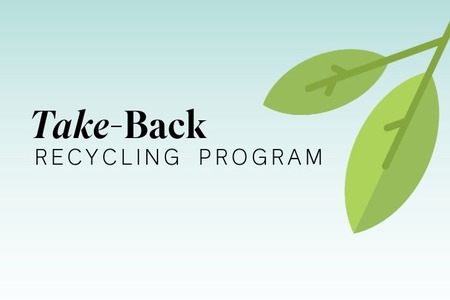
"Sustainability First" 2020's crucial key fashion industry theme
YarnsandFibers News Bureau 2019-11-27 08:13:29 – NoneOf the 10 key themes that will shape fashion in 2020, “sustainability first” will be particularly crucial, according to a new industry outlook.
Published Thursday by management consultancy McKinsey & Company, the fourth annual “State of Fashion” report highlights sustainability as both the single biggest challenge and single biggest opportunity facing the industry in the year ahead.
A survey of 290 global fashion executives found that increasingly boisterous calls for climate action—from activists such as the protest group Extinction Rebellion and 16-year-old Greta Thunberg—have pushed many companies to reevaluate business models and shift toward more responsible practices in the past year alone.
Zara owner Inditex, for instance, pledged in July to use only 100 percent sustainable fabrics by 2025. Adidas has committed to phasing out virgin polyester by 2024, as has Ralph Lauren by 2025. Gucci declared itself the “entirely” climate-neutral luxury house, Prada signed luxury’s first sustainability-linked loan and PVH Corp. established new supply-chain transparency targets. At the G7 conference in September, Kering chief François-Henri Pinault drew commitments from 32 companies representing 150 brands to tackle climate change, ocean protection and biodiversity.
But despite “modest progress,” the fashion industry as a whole has yet to bear the full yoke of its environmental responsibilities. Overall social and environmental progress has slowed by a third. In short, fashion players need to “swap out platitudes and promotional noise” for genuine action on issues such as carbon emissions, waste and pollution.
Indeed, consumers are become increasingly aware—and concerned—about the environmental impact of their purchases, even if they won’t always pay more for greener products.
Some 66 percent of respondents to a McKinsey U.S. cohort survey (and 75 percent of millennial respondents) said they consider sustainability when making a luxury purchase. Only a minority, however, was willing to fork out more: 31 percent of Gen Z and 12 percent of baby boomers.
“It is well-known that even consumers’ stated willingness to vote with their wallets does not translate to the same degree in actual purchases of sustainable fashion,” the report noted.
Closing this gap, it added, is tricky because there is a dearth of clear information and tools for the consumer. Consumers are confused by what “sustainability” means and don’t know how to identify sustainable brands or even where to find them. Another survey of corporate representatives across 100-plus European firms found that consumers are often misled by greenwashing or straight-up misinformation.
At the same time, consumers do want to shop more sustainably. Online searches for “sustainable fashion” tripled between 2016 and 2019, the report said. (Lyst’s recent “year in fashion” report agrees.) Younger consumers who prefer access over ownership are also focused on consuming fewer resources.
“Looking ahead…we anticipate the media to increasingly take a role in better educating and encouraging the conscious consumer,” the report noted. “Emboldened by these forces, better-informed and more confident consumers will seek out sustainable brands and develop their awareness.”
Courtesy: Sourcing Journal
Market Intelligence
Ask for free sample Report

experience
Customer Base
dedicated team
Countries Served Worldwide









